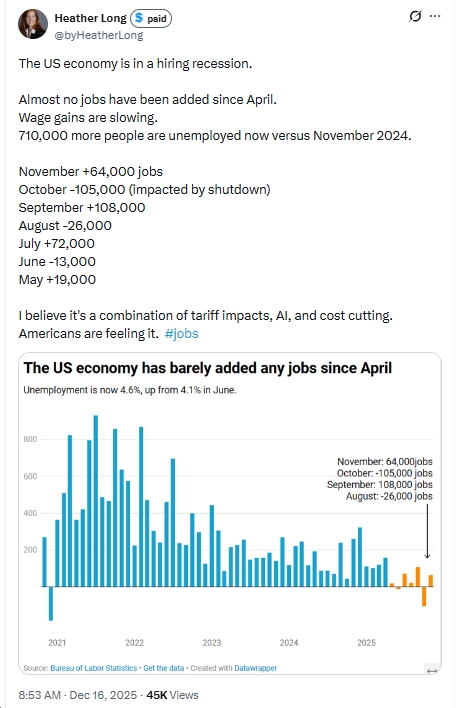Robert J. Smith, III
Richmond Chair
Metro Richmond Area Young Democrats
For over 80 years, two greatly beneficial industries have held a symbiotic business relationship: terrestrial radio stations and the recording industry. As the recording industry moves to promote its artists, it is greatly aided by the exposure that these artists are given by radio stations that reach out into local communities. Without this exposure, the recording industry would be constrained to other forms of advertising that have not always existed over the course of this relationship. Indeed, the recording industry earns upwards of $2.4 billion a year that can be attributed to the efforts of radio stations.
The relationship was symbiotic until recently. Legislation is currently in Congress, pending an imminent vote, that would shift the burden of cost for exposing artists to the radio stations themselves. Terrestrial radio stations, a business of their own that run off of advertising costs, have provided a service, a form of free advertising, to the recording industry for years.
The legislation, titled the Performance Rights Act, would require terrestrial radio stations to pay performance royalty fees, based on a sliding scale determined by annual revenues, for the musicians who perform the songs they play over the air. Advocates of the bill say other formats-satellite radio, music downloads-already are required to pay these fees, and radio stations should be treated no differently. But this distinction misses a crucial point.
Radio airplay is different from those other platforms because of its enormous marketing value to artists. Without terrestrial radio airplay, albums don’t sell, songs aren’t downloaded, concerts are empty, and merchandise isn’t sold.
Broader economic considerations should be weighed too. The PRA would create onerous new costs for radio stations, especially smaller, rural stations. There are many such stations that provide critical services – news, weather alerts, public service announcements – in the rural areas of our state.
Many of these stations are not affiliated with national networks, and thus do not have the cash reserves necessary to just ride out the storm. They are surviving month to month and quarter to quarter in highly competitive markets in large part due to their intense connection with the communities they serve. Their survival is essential, especially in an era of consolidation in our economy.
In short, the money generated from the performance tax would flow out of your community and into the pockets of the major record labels – and three out of the four are foreign-owned. The record labels would like for you to think this is all about compensating the artists, but in truth the record labels would get at least 50 percent of the proceeds from a tax on local radio.
There are currently two bills pending in Congress that would levy a performance tax on local radio – H.R.848, sponsored by Rep. John Conyers (MI-14) and S.379, sponsored by Sen. Patrick Leahy (VT). Your members of Congress need to hear that you strongly oppose these bills.
Additionally, anti-performance tax resolutions have been introduced in the House and Senate in support of local radio. In the Senate, Sens. Blanche Lincoln (AR) and John Barrasso (WY) introduced S. Con. Res. 14, and in the House, Reps. Gene Green (TX-29) and Mike Conaway (TX-11) introduced H. Con. Res. 49. Both are known as the Local Radio Freedom Act. Many members of Congress already support local radio and resolutions against the performance tax.
In light of the immediate nature of this legislation, it is important that we contact our representatives on all sides of the aisle to make sure they understand the implications that the Performance Tax hold in store for our economy and our communities. The 106,000 employees that work for terrestrial radio stations count on our action to be spared the sacrifice of their jobs in the name of more profits for the recording industry. Local businesses that rely on the reliably low costs of advertising on the radio airwaves will also lose out on opportunities to bolster their efforts toward success. I encourage everyone to act now and contact both Senator Warner and Senator Webb, as well as all of our Congressmen, about the importance of fighting against the Performance Rights Act.
www.noperformancetax.com



![Thursday News: “Europe draws red line on Greenland after a year of trying to pacify Trump”; “ICE Agent Kills Woman, DHS Tells Obvious, Insane Lies About It”; “Trump’s DOJ sued Virginia. Our attorney general surrendered”; “Political domino effect hits Alexandria as Sen. Ebbin [to resign] to join Spanberger administration”](https://bluevirginia.us/wp-content/uploads/2026/01/montage010826.jpg)













